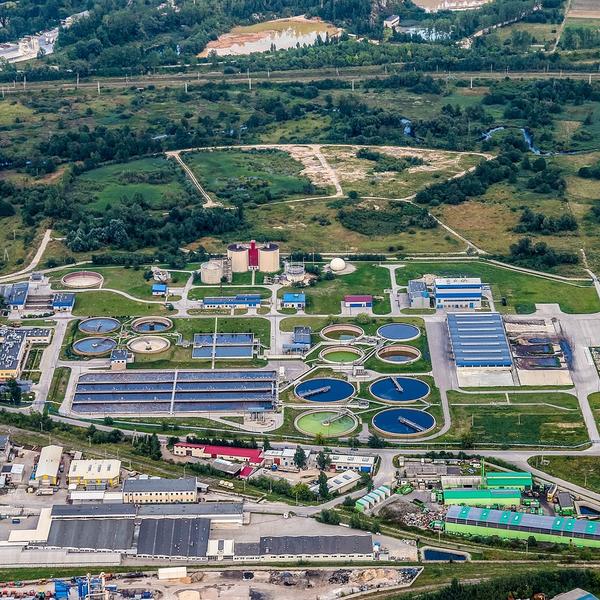Urban cooling system using rainwater
Pilot location in Spain
This pilot builds on the Urban LABCartujaQanat and in the LIFEWATERCOOL facilities innovations to create an integrated system for managing energy, water, and thermal comfort in a primary school, using photovoltaic power, heat pumps, and rainwater harvesting to enhance climate resilience and ensure sustainability in the face of floods, droughts, and heatwaves.
Core technologies:
- Data Standardisation and Preparation
- Energy‑Grid Optimisation Microservices
- High Performance Computing- based multi-fidelity and physics design of resilient built environment
AI solutions from Third Parties:
Materials resilience models
Urban elements, Nature based and Biodiversity solutions for the urban environment models for simulations
Climate-risk valuation methods for buildings
Vegetation resilience models
Irrigation models
Problem addressed: Lack of efficient, sustainable cooling systems in public spaces
Expected outcomes: Demonstration of an integrated district system for energy, water and climate control, Creation of a smart, rule-based urban control system


